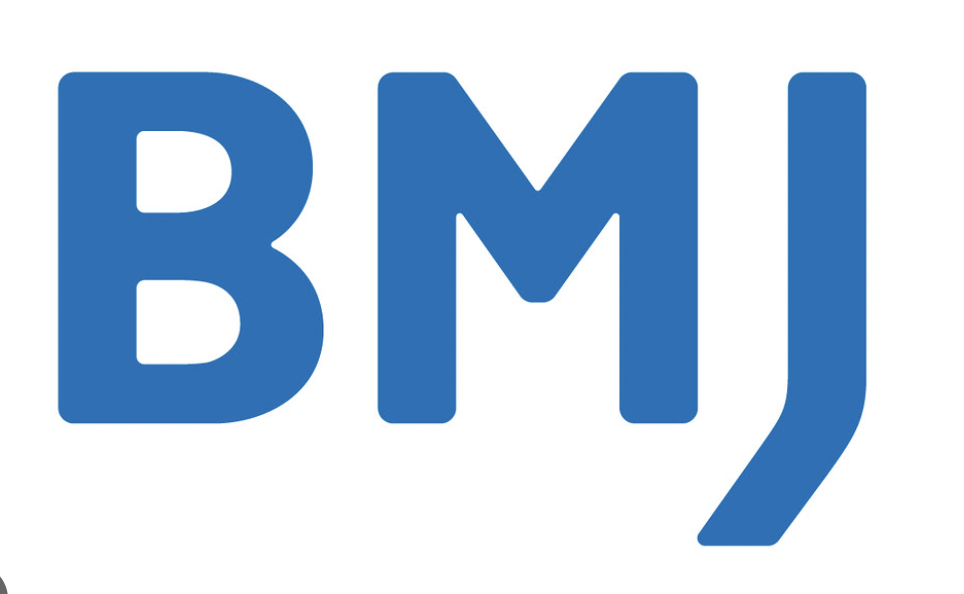
Predictors of sickness absence and intention to leave the profession among NHS staff in England during the COVID-19 pandemic: a prospective cohort study
Lauren J Scott, Danielle Lamb, Chris Penfold, Maria Theresa Redaniel, Nora Trompeter, Paul Moran, Rupa Bhundia, Neil Greenberg, Rosalind Raine, Simon Wessely, Ira Madan, Peter Aitken, Anne Marie Rafferty, Sarah Dorrington, Richard Morriss, Dominic Murphy, Sharon A M Stevelink

Do errors in the GHQ-12 response options matter?
Croak B, Bhundia R, Lamb D, Greenberg N, Stevelink SAM, et al. (2024) Do errors in the GHQ-12 response options matter?. PLOS ONE 19(12): e0314915

NHS CHECK: protocol for a cohort study investigating the psychosocial impact of the COVID-19 pandemic on healthcare workers
Lamb D, Greenberg N, Hotopf M, Raine R, Razavi R, Bhundia R, Scott H, Carr E, Gafoor R, Bakolis I, Hegarty S, Souliou E, Rafferty AM, Rhead R, Weston W, Gnanapragasam S, Marlow S, Wessely S, Stevelink S. NHS CHECK: protocol for a cohort study investigating the psychosocial impact of the COVID-19 pandemic on healthcare workers BMJ Open 2021;11:e051687. doi: 10.1136/bmjopen-2021-051687

Psychosocial impact of the COVID-19 pandemic on 4378 UK healthcare workers and ancillary staff: initial baseline data from a cohort study collected during the first wave of the pandemic
Lamb D, Gnanapragasam S, Greenberg N, Bhundia R, Carr E, Hotopf M, Razavi R, Raine R, Cross S, Dewar A, Docherty MJ, Dorrington S, Hatch S, Wilson-Jones C, Leightley D, Madan I, Marlow S, McMullen I, Rafferty AM, Parsons M, Polling C, Serfioti D, Gaunt H, Aitken P, Morris-Bone J, Simela S, French V, Harris R, Stevelink SA, Wessely S. Psychosocial impact of the COVID-19 pandemic on 4378 UK healthcare workers and ancillary staff: initial baseline data from a cohort study collected during the first wave of the pandemic Occupational and Environmental Medicine Published Online First: 28 June 2021. doi: 10.1136/oemed-2020-107276
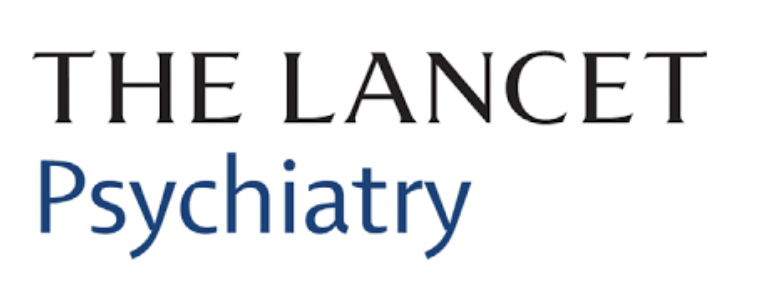
Mixed signals about the mental health of the NHS workforce
Lamb D, Greenberg N, Stevelink SA, Wessely S. Mixed signals about the mental health of the NHS workforce. The Lancet Psychiatry. 2020 Dec 1;7(12):1009-11
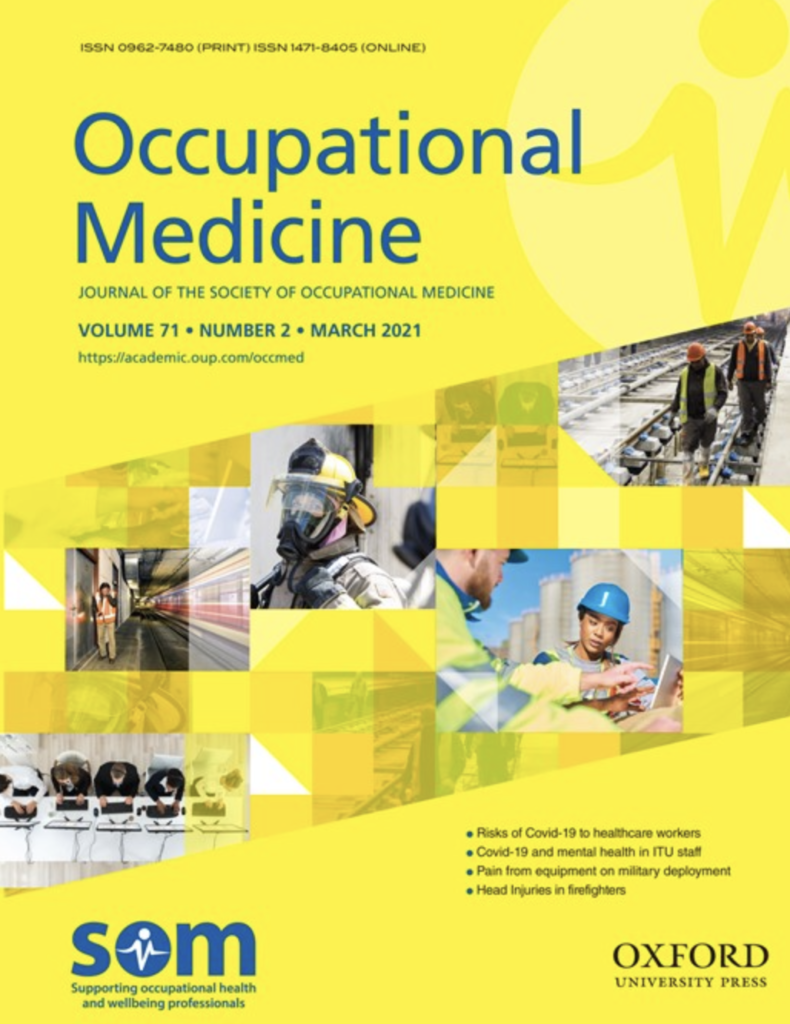
Mental health of staff working in intensive care during Covid-19
N Greenberg, D Weston, C Hall, T Caulfield, V Williamson, K Fong. Occupational Medicine, Volume 71, Issue 2, March 2021, Pages 62–67

Capturing the experiences of UK healthcare workers during the COVID-19 pandemic: A structural topic modelling analysis of 7,412 free-text survey responses.
Lamb D, Wright L, Scott H, Croak B, Gnanapragasam S, Docherty M, Greenberg N, Hotopf M, Stevelink SA, Raine R, Wessely S. (2022) Capturing the experiences of UK healthcare workers during the COVID-19 pandemic: A structural topic modelling analysis of 7,412 free-text survey responses. PLoS ONE 17(10): e0275720.

The mental health of staff working on intensive care units over the COVID-19 winter surge of 2020 in England: a cross sectional survey.
Hall, Charlotte E, Milward J, Spoiala C, Bhogal JK, Weston D, Potts HWW, Caulfield T, Toolan M, Kanga K, El Sheikha S, Fong K, Greenberg N. British Journal of Anaesthesia, Volume 128, Issue 6, 971 – 979.
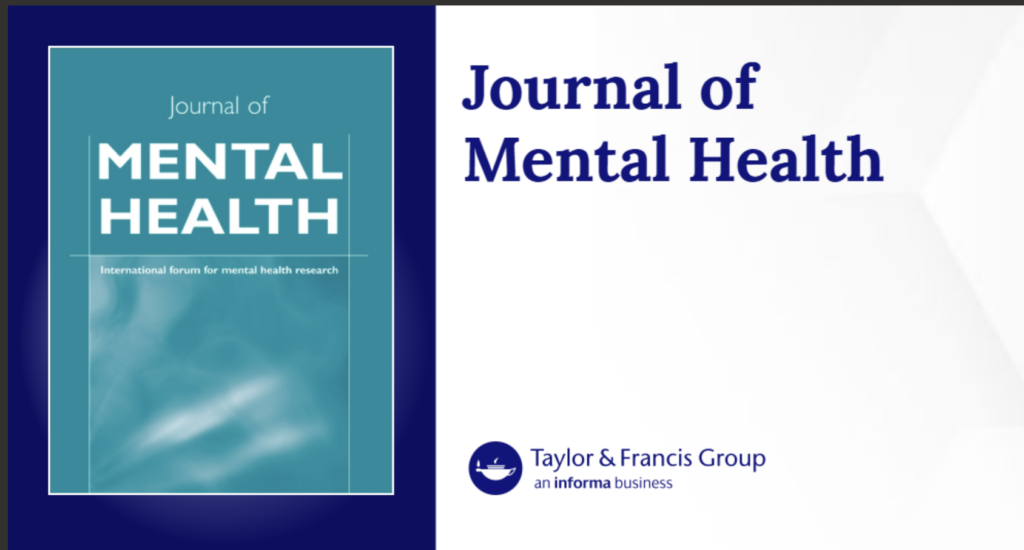
Moral injury and psychological wellbeing in UK healthcare staff.
Williamson, V., Lamb, D., Hotopf, M., Raine, R., Stevelink, S., Wessely, S., Docherty, M., Madan, I., Murphy, D. and Greenberg, N., 2023. Moral injury and psychological wellbeing in UK healthcare staff. Journal of mental health, pp.1-9
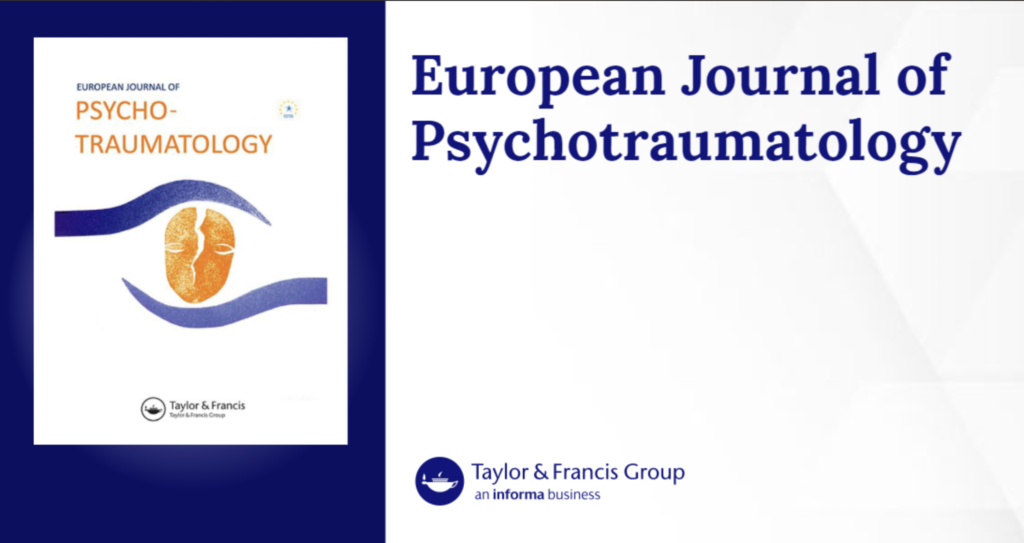
‘It hurts your heart’: frontline healthcare worker experiences of moral injury during the COVID-19 pandemic
Hegarty S, Lamb D, Stevelink SA, Bhundia R, Raine R, Doherty MJ, Scott HR, Marie Rafferty A, Williamson V, Dorrington S, Hotopf M, Razavi R, Greenberg N, Wessely S. ‘It hurts your heart’: frontline healthcare worker experiences of moral injury during the COVID-19 pandemic. European journal of psychotraumatology. 2022 Dec 19;13(2):2128028.
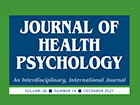
‘You get looked at like you’re failing’: A reflexive thematic analysis of experiences of mental health and wellbeing support for NHS staff
Clarkson C, Scott HR, Hegarty S, Souliou E, Bhundia R, Gnanapragasam SN, Docherty MJ, Greenberg N, Hotopf M, Wessely S, Madan I, Rafferty AM, Lamb D. ‘You get looked at like you’re failing’: A reflexive thematic analysis of experiences of mental health and wellbeing support for NHS staff. Journal of Health Psychology. 2023;28(9):818-831

Multicentre, England-wide randomised controlled trial of the ‘Foundations’ smartphone application in improving mental health and well-being in a healthcare worker population.
Gnanapragasam SN, Tinch-Taylor R, Scott HR, Hegarty S, Souliou E, Bhundia R, Lamb D, Greenberg N, Madan I, Stevelink SA, Raine R, Carter B, Wessely S. Multicentre, England-wide randomised controlled trial of the ‘Foundations’ smartphone application in improving mental health and well-being in a healthcare worker population. The British Journal of Psychiatry. Cambridge University Press; 2023;222(2):58–66.
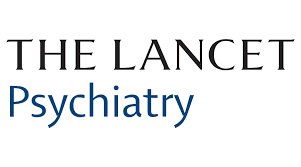
Prevalence of post-traumatic stress disorder and common mental disorders in health-care workers in England during the COVID-19 pandemic: a two-phase cross-sectional study
Scott HR, Stevelink SA, Gafoor R, Lamb D, Carr E, Bakolis I, Bhundia R, Docherty MJ, Dorrington S, Gnanapragasam S, Hegarty S, Hotopf M, Madan I, McManus S, Moran P, Souliou E, Raine R, Razavi R, Weston D, Greenberg N, Wessely S. Prevalence of post-traumatic stress disorder and common mental disorders in health-care workers in England during the COVID-19 pandemic: a two-phase cross-sectional study. The Lancet Psychiatry. 2023 Jan 1;10(1):40-9

Does it matter if there are errors in GHQ-12 response items?
Croak B, Greenberg N, Lamb D, Stevelink SA, Wessely S. The Lancet Psychiatry, Volume 11, Issue 6, 409 – 410

Suicidal thoughts and behaviour among healthcare workers in England during the COVID-19 pandemic: A longitudinal study.
Padmanathan P, Lamb D, Scott H, Stevelink SA, Greenberg N, Hotopf M, Raine R, Rafferty AM, Madan I, Dorrington S, Wessely S, Moran P. (2023) Suicidal thoughts and behaviour among healthcare workers in England during the COVID-19 pandemic: A longitudinal study. PLoS ONE 18(6): e0286207

Moral Injuries in Healthcare Workers: What Causes Them and What to Do About Them?
Rabin S, Kika N, Lamb D, Murphy D, AM Stevelink S, Williamson V, Wessely S, Greenberg N. Moral Injuries in Healthcare Workers: What Causes Them and What to Do About Them?. J Healthc Leadersh. 2023;15:153-160
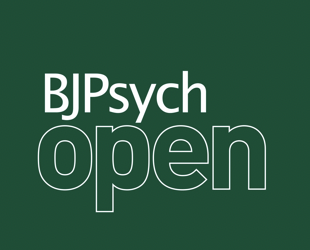
Investigating the impact of financial concerns on symptoms of depression in UK healthcare workers: data from the UK-REACH nation wide cohort study.
Croak B, Lamb D, Stevelink SAM (2024). BJPsych Open
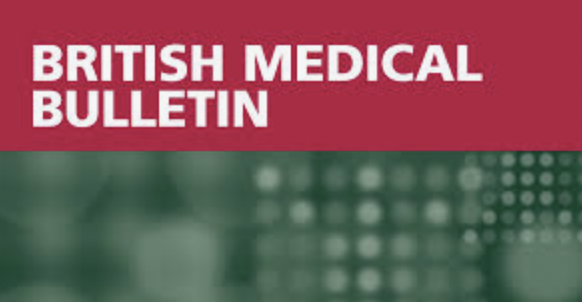
Long COVID among healthcare workers: a narrative review of definitions, prevalence, symptoms, risk factors and impacts
Brendan Dempsey, Ira Madan, Sharon A M Stevelink, Danielle Lamb, British Medical Bulletin, Volume 151, Issue 1, September 2024, Pages 16–35
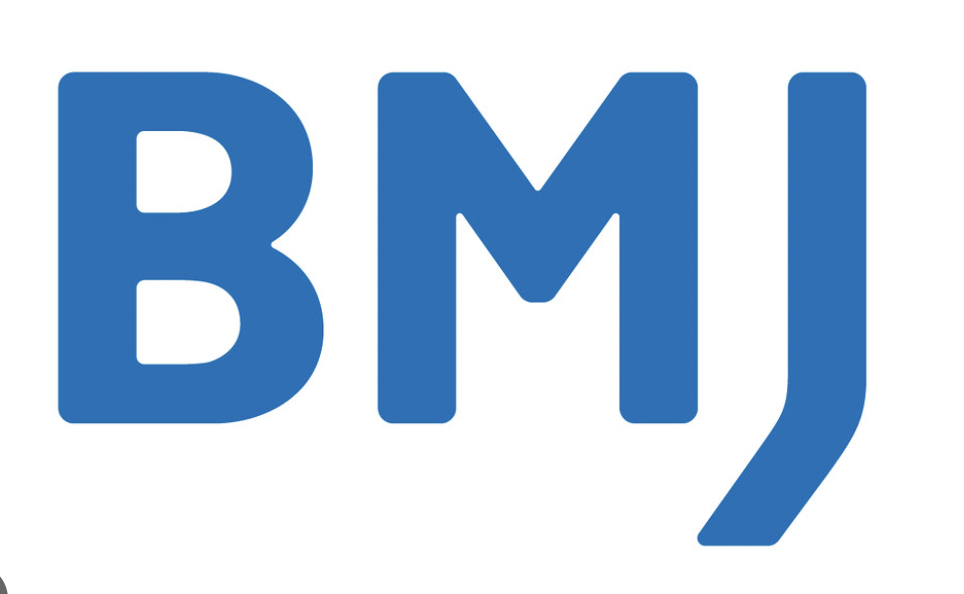
Post COVID-19 syndrome among 5248 healthcare workers in England: longitudinal findings from NHS CHECK
Dempsey B, Blake HA, Madan I, Stevelink SA, Greenberg N, Raine R, Rafferty AM, Bhundia R, Wessely S, Lamb D. Occupational and Environmental Medicine Published Online First: 02 October 2024

Ethnic inequalities among NHS staff in England: workplace experiences during the COVID-19 pandemic
A paper aiming to determine how workplace experiences of National Health Service (NHS) staff varied by ethnicity during the COVID-19 pandemic and how these experiences are associated with mental and physical health at the time of the study
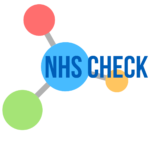
NHS CHECK: A study snapshot
An article summarising NHS CHECK's key findings to date and how it has worked so far.
Click to read the paper

Moral Injuries in Healthcare Workers: What Causes Them and What to Do About Them?
A narrative review of the research - including our own - that exists about moral injury in healthcare workers.
Click to read the paper

Suicidal thoughts and behaviour among healthcare workers in England during the COVID-19 pandemic: A longitudinal study
During the COVID-19 pandemic, concern has been raised about suicide risk among healthcare workers (HCWs). We investigated the incidence risk and prevalence of suicidal thoughts and behaviour (STB), and their relationship with occupational risk factors, among National Health Service HCWs in England between April 2020 and August 2021.
Click to read the paper

Prevalence of post-traumatic stress disorder and common mental disorders in health-care workers in England during the COVID-19 pandemic
Previous studies on the impact of the COVID-19 pandemic on the mental health of health-care workers have relied on self-reported screening measures to estimate the point prevalence of common mental disorders. Screening measures, which are designed to be sensitive, have low positive predictive value and often overestimate prevalence. We aimed to estimate prevalence of common mental disorders and post-traumatic stress disorder (PTSD) among health-care workers in England using diagnostic interviews.
Click to read the paper

Investigating the psychosocial impact of the pandemic on healthcare workers
Protocol for a cohort study featured in the BMJ Open looking at the profound effects of the COVID 19 pandemic on the mental health and wellbeing of healthcare workers.
Click to read the full paper
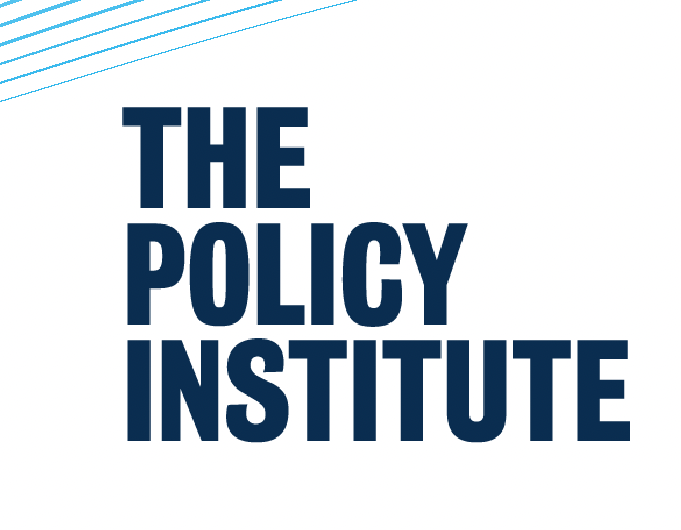
Supporting the mental health of NHS staff as part of post-pandemic recovery
In December 2021, we brought together researchers, NHS staff, professional bodies
and policymakers in a Policy Lab to consider the study’s implications. We looked
at questions around the current needs of staff, the use and effectiveness of available
support, likely future needs, and implications for the effective provision of future
support.
Click to read the full paper
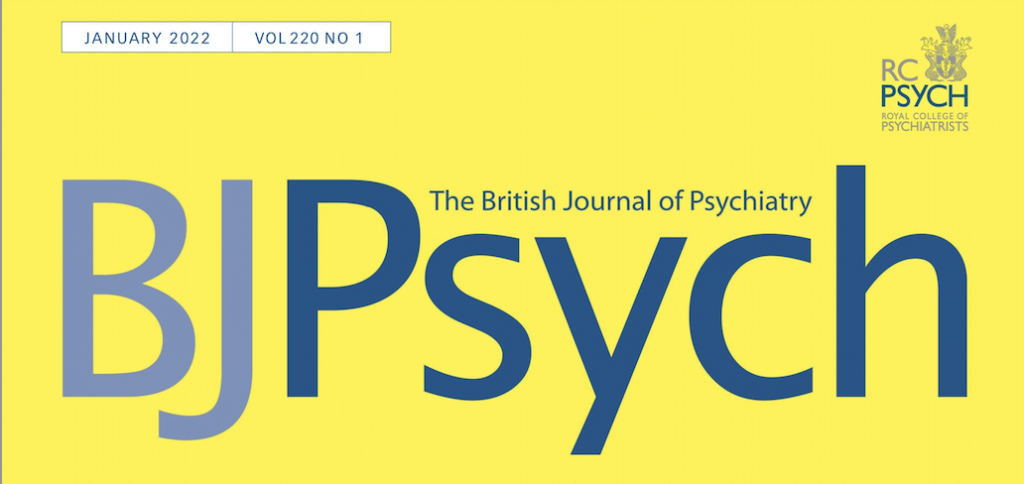
The Foundations App and improving mental health and well-being in healthcare workers
The Foundations app was created by Koa Health to support mental wellbeing by providing content to help users deal with topics like stress, insomnia, anxiety and more.
This app was tested in an RCT amongst over 1,000 healthcare workers.
Click to read the full paper

‘You get looked at like you’re failing'
A reflexive thematic analysis of experiences of mental health and wellbeing support for NHS staff
Click to read the paper

'It hurts your heart'
Frontline healthcare worker experiences of moral injury during the COVID-19 pandemic. Moral injury is defined as the strong emotional and cognitive reactions following events which clash with someone’s moral code, values or expectations. During the COVID-19 pandemic, increased exposure to potentially morally injurious events (PMIEs) has placed healthcare workers (HCWs) at risk of moral injury. Yet little is known about the lived experience of cumulative PMIE exposure and how NHS staff respond to this.
Click to read the paper
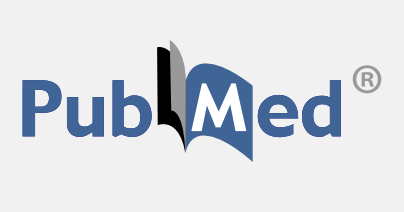
Moral injury and psychological wellbeing in UK healthcare staff
Potentially morally injurious events (PMIEs) can negatively impact mental health. The COVID-19 pandemic may have placed healthcare staff at risk of moral injury.
The Aim: To examine the impact of PMIE on healthcare staff wellbeing.
Click to read the paper

Free-text response paper
Capturing the experiences of UK healthcare workers during the COVID-19 pandemic: A structural topic modelling analysis of 7,412 free-text survey responses.
Click to read the paper

A challenge met, or a tsunami to come?
An opinion piece looking at mixed signals about the mental health of the NHS workforce. A Lancet Psychiatry article investigating the media headlines regarding the mental health of the NHS workforce during the COVID-19 pandemic, who had predicted large scale problems ahead.
Click to read the opinion piece


Ethnic inequalities among NHS staff in England - workplace experiences during the COVID-19 pandemic
This paper will determine how workplace experiences of NHS staff varied by ethnic group during the COVID-19 pandemic and examine how these experiences are associated with mental and physical health at the time of the study.
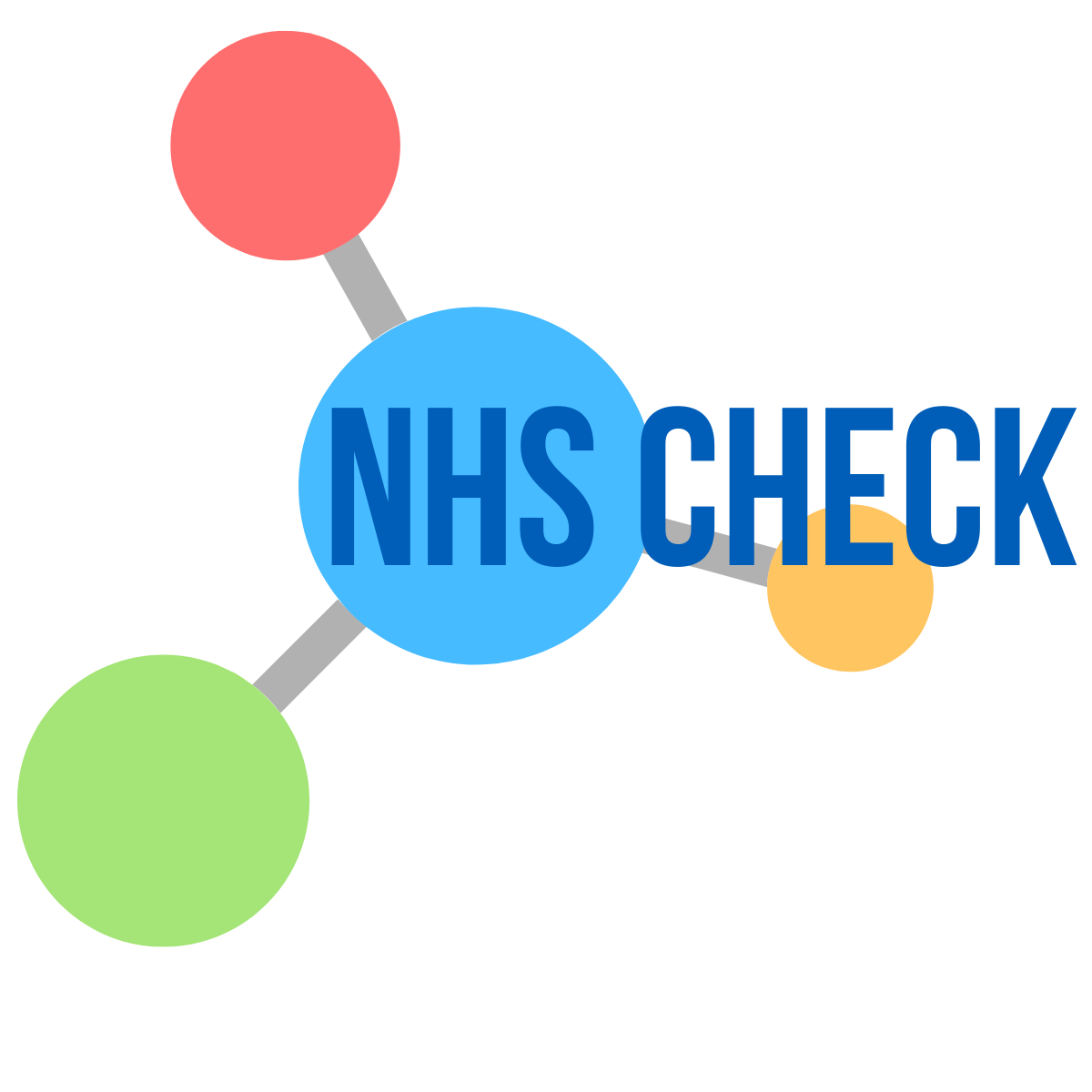
Moral injury in healthcare workers: what causes them and what to do about them?
This paper focuses on HCWs’ experiences of moral injury (MI), including potential causes and ways to reduce them. There are myriad challenges that influencedevelopment of MI, such as chronic understaffing and the pressure to treat high numbers of patients with limited resources. There are also multiple impacts of MI: at the individual-level, MI can lead to increased staff absences and understaffing, and prolonged patient contact with limited decision-making power. COVID-19 exacerbated such impacts, with a lack of organisational support during a time of increased patient mortality, and uncertainty and heightened pressure on the clinical frontline associated with scarce resources and understaffing.
Click to read the pre-print